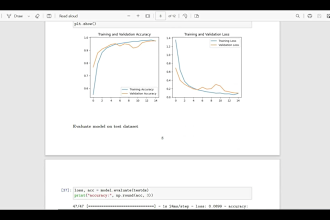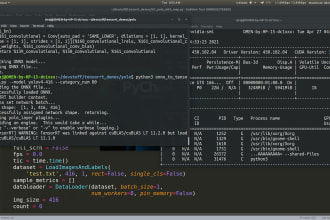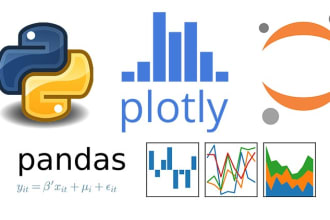Browse categories
Deep Learning
Get specialized solutions for complex tasks like image and speech recognition using Deep Learning.
|100 Results
Sort by:
Deep Learning FAQs
What is Deep Learning for data science?
Deep Learning for data science is a subset of machine learning that focuses on training artificial neural networks to make complex decisions based on data. It involves creating deep neural networks with multiple layers that can automatically learn intricate patterns and representations from data, leading to highly accurate predictions and classifications.
What distinguishes Deep Learning from traditional machine learning?
Deep Learning differs from traditional machine learning by using neural networks with multiple layers to automatically learn hierarchical features from data. This enables Deep Learning models to capture complex patterns and representations, making them suitable for tasks like image recognition and natural language processing.
How does Deep Learning handle feature extraction?
Deep Learning excels in feature extraction by automatically learning relevant features from raw data. Unlike traditional methods that require manual feature engineering, Deep Learning models learn and extract intricate features from data, reducing the need for domain-specific expertise.
What is the role of activation functions in Deep Learning models?
Activation functions introduce non-linearity to Deep Learning models, allowing them to learn complex relationships within data. Popular functions like ReLU (Rectified Linear Unit) help neural networks model intricate patterns and contribute to the network's ability to learn and generalize from data.
What are some common challenges in training Deep Learning models?
Training Deep Learning models can face challenges such as vanishing gradients, overfitting, and selecting optimal hyperparameters. Vanishing gradients hinder learning in deep networks, while overfitting occurs when models perform well on training data but poorly on new data. Selecting hyperparameters like learning rates and batch sizes is crucial for effective model training.
How can Deep Learning benefit my business?
Deep Learning offers substantial benefits to businesses. It excels at tasks such as image and speech recognition, natural language processing, and recommendation systems. This technology can uncover insights from vast and complex datasets, enhance automation, and drive innovation in various industries, from healthcare to finance and beyond.














